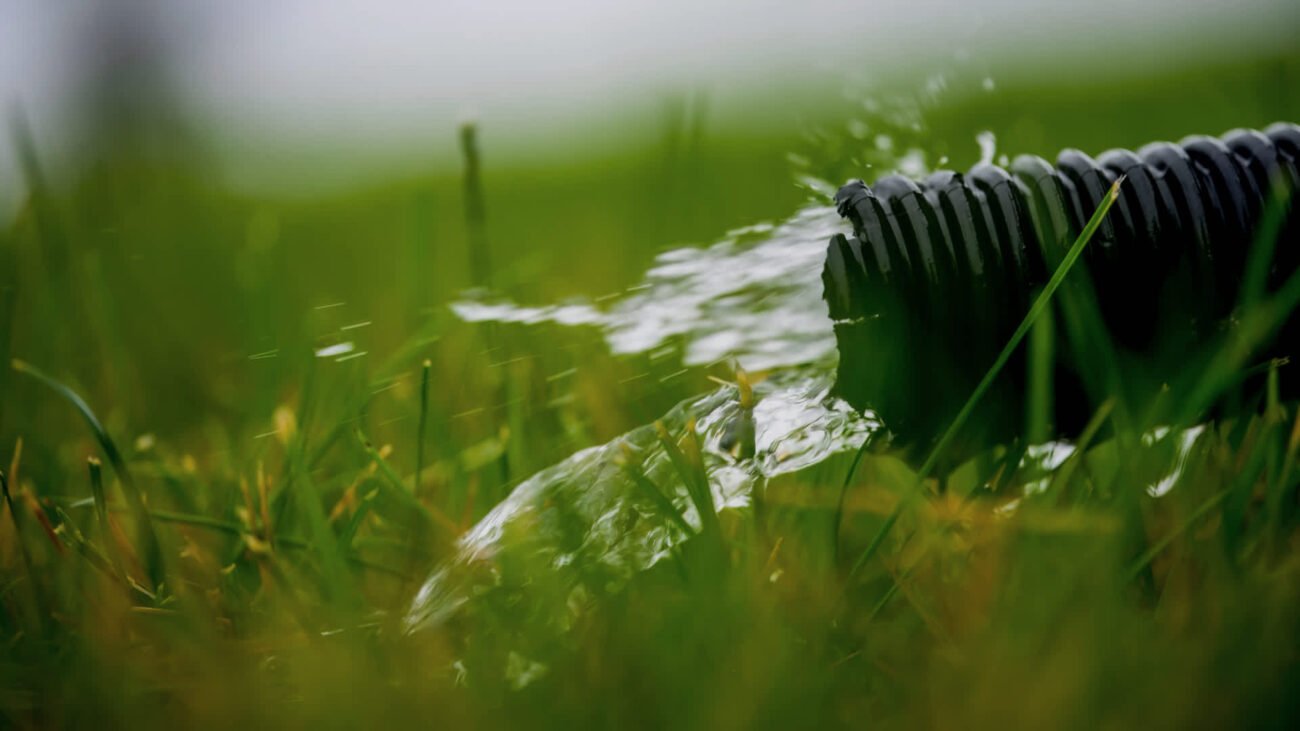‘You don’t know what’s safe’
Landowners in north Georgia have filed a lawsuit alleging that carpet and chemical manufacturers contaminated soil and water with toxic per- and polyfluoroalkyl substances, also known as forever chemicals.
According to environmental experts, the contamination has exposed nearby families to “catastrophic” levels of PFAS.
What’s happening?
As Atlanta News First reported, Dalton landowners have said that decades of PFAS exposure from companies like 3M, Shaw Industries, and Mohawk Industries have polluted their land, impacting their property values and posed serious health risks.
Testing on a family’s property near carpet plants in Dalton showed PFAS contamination.
Per the lawsuit and attorneys representing Leroy and Amber Fletcher, the landowners, the test found PFAS levels thousands of times higher than the Environmental Protection Agency’s limit of four parts per trillion.
“It could be in the deer; it could be in the fish,” Amber Fletcher said, per Atlanta News First. “You don’t know what’s safe.”
Their lawsuit alleges that carpet manufacturers treated flooring materials with PFAS-containing products, which release the forever chemicals through the air. They said the chemicals were dumped into local sewers, which led to the spread of contaminated biosolids on land.
The contamination is extensive, according to experts. The lawsuit claims that the companies knew the risks for decades but kept using PFAS without proper warnings or safeguards.
Why does the lawsuit matter?
PFAS are a group of toxic chemicals often used in the production of various everyday products, including food packaging, cosmetics, nonstick cookware, and clothing. They’re also found in food and water.
They are known as forever chemicals because they can take hundreds to thousands of years to break down, potentially contaminating soil, water, and wildlife habitats in the process.
PFAS have been linked to multiple negative health effects, including decreased birth weight, kidney and testicular cancer, and increased cholesterol levels, according to the Agency for Toxic Substances and Disease Registry.
The Dalton lawsuit could help raise awareness of PFAS contamination and highlight harmful corporate practices that affect nearby communities.
What’s being done about the contamination?
Experts and lawmakers are working to limit human exposure to PFAS. Scientists are exploring ways to either remove them from drinking water or break them down into harmless compounds.
Lawmakers are working to reduce PFAS exposure by keeping them out of everyday products.
In Illinois, lawmakers passed the PFAS Reduction Act, a bill that aims to ban sales of certain household items containing PFAS by 2032. Similarly, the European Commission is proposing to ban forever chemicals from various consumer products.
You can limit your exposure to PFAS by supporting eco-conscious brands. Learning about greenwashing also helps you identify corporate irresponsibility and understand how companies may mislead customers about their products’ safety and environmental impacts.
Join our free newsletter for good news and useful tips, and don’t miss this cool list of easy ways to help yourself while helping the planet.


